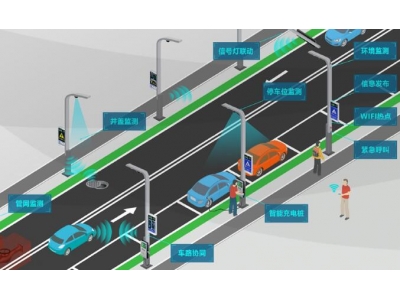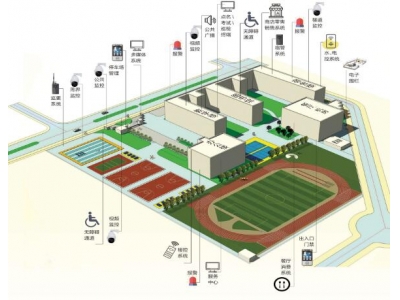Introduction
Smart transportation systems have revolutionized the way cities handle transportation infrastructure, offering numerous benefits to urban areas. By integrating advanced technologies and data analytics, these systems optimize traffic flow, reduce congestion, improve safety, and enhance the overall quality of life for city residents.
Enhanced Traffic Management
Smart transportation systems employ a range of tools and techniques to manage traffic more efficiently. Real-time traffic monitoring and analysis help city authorities identify congested areas and implement tailored solutions to ease traffic flow. By utilizing smart traffic lights that adjust signal timings based on traffic patterns, these systems can significantly reduce travel time and minimize the negative impact of congestion on the environment.
Improved Safety
One of the key benefits of smart transportation is the enhanced safety it provides for both drivers and pedestrians. With the integration of sensors and cameras, these systems can monitor traffic conditions, detect accidents, and promptly alert emergency services. Additionally, smart transportation systems offer advanced driver assistance features, such as collision avoidance systems and lane departure warnings, reducing the risk of accidents and saving lives.
Efficient Public Transportation
Smart transportation systems also focus on improving public transportation services, making them more reliable and convenient for commuters. Real-time tracking of buses and trains allows passengers to plan their journeys more effectively, reducing waiting times and minimizing the uncertainty associated with public transportation. Additionally, smart ticketing systems enable seamless payments and can be easily integrated with other modes of transport, providing a seamless and efficient transit experience.
Environmental Benefits
Reducing the environmental impact of transportation is a key objective of smart transportation systems. By optimizing traffic flow, these systems decrease vehicle idling time, resulting in lower carbon emissions and improved air quality. Furthermore, the promotion of public transportation and the integration of alternative modes of transport, such as bicycles and electric scooters, help reduce reliance on private cars, leading to a decrease in both traffic congestion and pollution.
Data-driven Decision Making
The use of data analytics in smart transportation systems allows city authorities to make informed decisions and plan urban development more effectively. By analyzing traffic patterns, commuting behaviors, and transportation demands, city planners can optimize infrastructure investments, anticipate future needs, and allocate resources efficiently. This data-driven approach helps create sustainable transportation networks that support economic growth and enhance the livability of cities.
Conclusion
In conclusion, smart transportation systems offer numerous advantages for cities. By optimizing traffic management, enhancing safety, improving public transportation services, reducing environmental impact, and enabling data-driven decision-making, these systems contribute to the development of smarter and more sustainable urban areas. Embracing smart transportation is crucial in creating cities that are not only well-connected but also efficient, safe, and environmentally friendly.
Thank you for taking the time to read this article on the benefits of smart transportation systems for cities. By implementing these systems, cities can enhance their transportation infrastructure, improve the quality of life for residents, and contribute to a more sustainable future.






